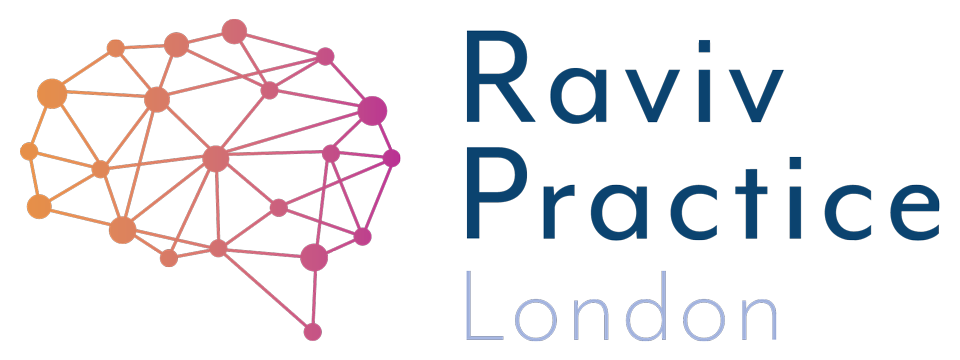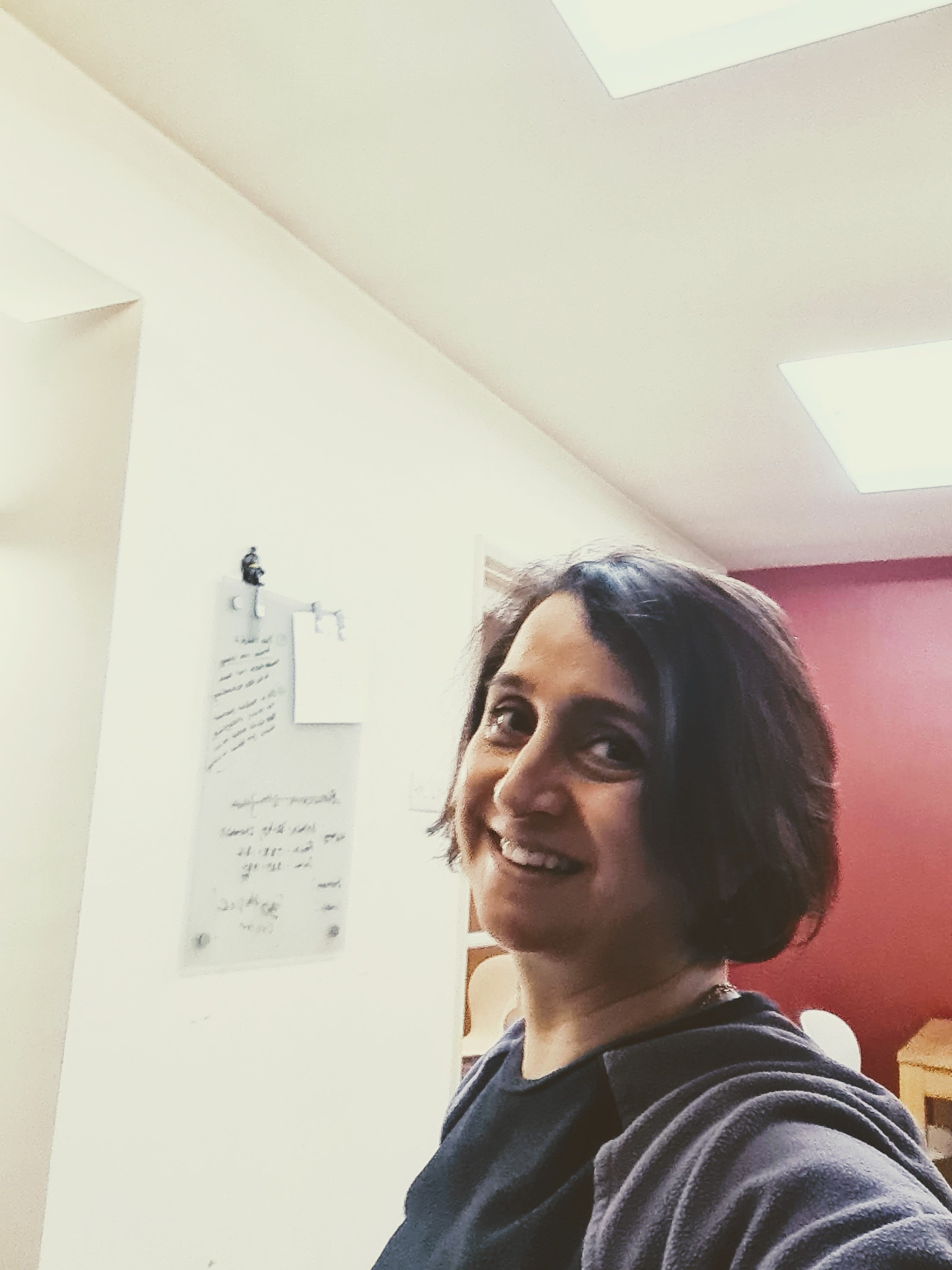How making you part of the Safe and Sound process can help you and your child make a positive change
You may have heard about The Safe and Sound Protocol and how much it can help children who are neurodivergent or have special needs. However our experience shows that working with parents first make a huge difference.
Every mother experiences some trauma of one kind or another, and this can lead to stress and difficulties that last for years if they are not addressed. Even with all the joy that can come from it, childbirth itself is an incredibly traumatic experience. If the infant goes on to have trouble sleeping, feeding, or feeling settled – which is very common – then the trauma for mother and child becomes exacerbated.
There may also be a number of traumas that you have both experienced in your lives that are having a negative impact on you and your child. They may be obvious ones, or just the more subtle ones that come from everyday life. You may not even be aware of how much it affects you – you just know that something isn’t right.
We are always listening if you want to talk.
The first step in getting the help you need is reaching out. There are a number of organisations that are here to help, including Raviv Practice London. We help both mother and child using a programme called The Safe and Sound Protocol, which is an auditory intervention that helps the nervous system.
It’s all about feeling safe – Safe before Sound
Dr Stephen Porges, the inventor of the Safe and Sound Protocol, says it is essential to feel safe before being exposed to The Safe and Sound protocol. We strongly believe that positive change must start with creating a safe space, so we follow this advice to the letter. We want the parent's feeling of safety within their body to have a ripple effect in the family setting.
“Saying you feel grounded is very different from actually being grounded”
The safety of the parent is paramount.
We offer 25 one-to-one sessions with the parent, totalling 12.5 hours of therapy time. During this time, the parent learns to reconnect with their own body. Saying you feel grounded is very different from actually being grounded, and we will work to make you feel more aware of using and directing your breath to heal, soothe, understand, and connect with discomfort, instead of ignoring the signs. For example, many parents say they are more aware of the ground beneath their feet, with the feet exercises we do together, and we work to extend this to the whole body before moving forward to any listening.
This awareness is promoted in five different ways:
Proprioceptive work – connecting to the body parts
Rhythmic work – dealing with pace and movement
Breathing – being able to breath through the nose in place of shallow mouth breathing
Vagus nerve massage – this is a highly delicate activity, which we explain more below
Rocking – introducing a slow steady pace.
What is safe for one person is not safe for another.
With every experience, we are learning and understanding the parameters of what safety means. One parent had, as a child, lived in a war zone in her home country. As an adult, she would not and could not do the rhythmic rocking during the SSP session. She needed to know who was behind her at all times, or she felt vulnerable. She even found it difficult to cope when her son came and gave a hug from behind; it was not a settling experience. As we worked with the breath, and released the tension between her shoulder blades and in her lower back, things started to shift. An unexpected hug from her son could be received with the joy in which it was intended.
Connecting with the Vagus nerve.
The autonomic nervous system (ANS) is at the centre of our self-regulating process, influencing important systems in our body, including our heart, respiration, and digestion. The Vagus nerve is the longest cranial nerve in the body, stretching from the brainstem down to the stomach. It is constantly sending our body signals, getting us ready to react to various situations at all times. The Vagus nerve governs a great deal of our ANS, and is hugely important to our overall wellbeing.
“When we are firmly rooted in the ventral vagus, our heart rate is slower and our blood pressure drops. In this state, we are calm.”
Dr Stephen Porges is credited for discovering the vagus nerve has two branches. The dorsal vagal pathway responds to extreme danger, while the ventral vagal pathway responds to positive cues and supports the feelings of being safe and relaxed.
When we are firmly rooted in the ventral vagus, our heart rate is slower and our blood pressure drops. In this state, we are calm.
When we are firmly rooted in the ventral vagus state, we are available for physiological and psychological change.
A polyvagal therapy.
At Raviv Practice London, we offer proper trauma-informed therapy with the knowledge the body needs to be in the ventral vagal state not just by using SSP but by employing movement, touch and breathing exercises.
What would happen if we didn't focus on the parent first?
When a child goes through The Safe and Sound Protocol, their response to the world changes dramatically, but their behaviour may appear the same or, in many cases worse, as the body goes through this transition. If the caregiver does not attune to their child in the polyvagal sense, they can not appreciate the subtle changes. We need the parent fully prepared to help to foster the change before it emerges. By preparing for change the parent nurtures a confidence in their child and allows them to feel they are in safer hands than ever before.
Are you interested in learning more about how the Safe and Sound Protocol can help you and your child?
To find out more about how this whole process can help you, we can discuss it further in a mini-consultation.
If you are a parent looking for a provider for this program, you need someone who has been using it for some time. Here at Raviv Practice London, we have been using this protocol since it came out in 2017, and are highly experienced in its delivery.
We are also providers of iLS Focus from the parent company integrated Listening Systems. We have years of experience working with many different cases, so we understand the importance of the final outcome for parents. This is why we provide two licences at any one time for the family. SSP is not just about helping the child, it is about positive change for the whole family.
Creating safety takes time.
We like to think the child will benefit before they even start the program - and they generally do! They can experience a great many benefits of co-regulation, social connection and attuning to others better before they even put on their headphones. It could be by being having the parent’s hug reciprocated, or it could be a genuine smile as the parent catches their eye
We believe the SSP is a beautiful program that yields a lot of positive change when the therapist, parent and child all work together in a tight unit. We have a fantastic track record that just gets better with more experience.
We know once you start dealing with the trauma, it will change your outlook on life and you will find so many more possibilities can open up for you.
When are you next free? Do you want to discuss? Book into our diary here.
Previous blog: Are you worried about your child’s behaviour ?
Dyslexia? Dyspraxia? ADHD? ASD? Speech & Language? Developmental Delay? Anxiety?
Is every school day a struggle? As a parent, you may feel exhausted and on this journey alone. Each year you see the gap getting wider. You need to do something - change the approach, help your child learn for themselves, find a way to turn this around - to help while you can - do this NOW. the first step is free.
About the Author
Usha Patel is a Neurocognitive Therapist and Director at Raviv Practice London. Parents searching to help their suspected/neurodiverse child can get evidence-based solutions with results in as little as 8 weeks. Those in search of jargon-free help can get started straight away.



